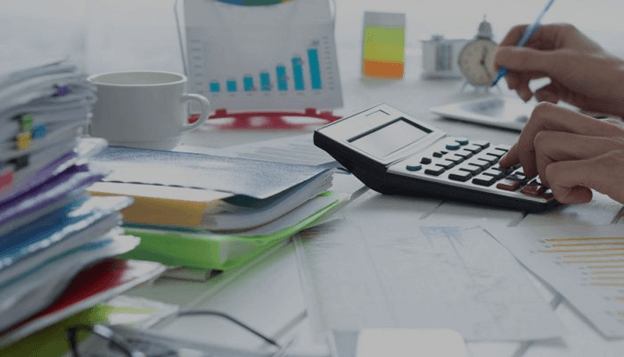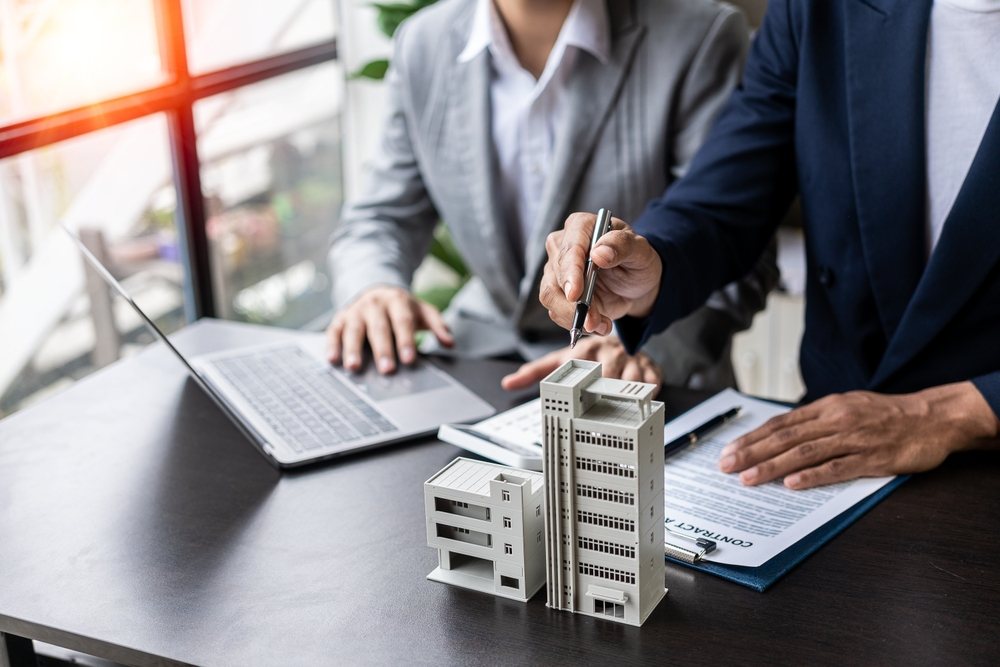The management of rental properties encompasses a broad range of tasks that, if executed efficiently, can significantly enhance property performance and investment returns. Central to this is the utilization of landlord property management practices that streamline operations, maximize rental income, and maintain tenant satisfaction. Effective management techniques simplify the day-to-day handling of rental units and ensure long-term sustainability and growth of property portfolios. This article explores the essential practices that underpin successful property management, enabling landlords to optimize their operations without compromising service quality.
Strategic Tenant Screening
Effective tenant screening is a cornerstone of successful property management. A rigorous selection process minimizes the risk of rent defaults and property damage. It involves comprehensive background checks, including credit scores, employment history, and previous landlord references. Fair housing laws are critical to avoid legal repercussions and promote non-discriminatory practices. By establishing clear criteria and thorough screening tools, landlords can secure reliable tenants who are more likely to take care of the property and fulfill their lease obligations. Partnering with reputable property management services enhances this process, as they bring access to advanced screening technologies and databases that are not readily available to individual landlords. These services often include legal expertise to ensure compliance with all relevant laws, reducing the risk of costly mistakes. Furthermore, these professionals have experience interpreting screening results, which can aid in making more informed decisions about prospective tenants.
Proactive Maintenance and Upkeep
Maintaining a property in top condition is essential for retaining tenant satisfaction and preserving the asset's value. Proactive maintenance involves regular inspections and addressing repairs before they escalate into more significant, costly issues. This practice extends the lifecycle of property components. It demonstrates to tenants that the management prioritizes their comfort and safety. Implementing a scheduled maintenance plan can help systematically manage the upkeep tasks, ensuring that all aspects of the property are regularly reviewed and maintained. Utilizing reputable property management services can further optimize this process through their established relationships with trusted contractors and service providers. These partnerships often result in preferential pricing and quicker service times for maintenance and repairs. Additionally, professional property managers are skilled in creating and enforcing maintenance schedules that prevent issues from arising, thus reducing the overall cost of property upkeep over time.
Effective Communication Channels
Open and effective communication is vital in landlord property management. Establishing reliable communication channels between tenants and property managers helps quickly resolve issues, which enhances tenant satisfaction and retention. Whether through digital platforms, property management software, traditional phone calls, or in-person meetings, timely responses to tenant inquiries and concerns are crucial. Regular updates regarding maintenance schedules, policy changes, or general property news can foster community and trust between tenants and landlords.
Financial Management and Reporting
Robust financial management is crucial for tracking rental property performance and ensuring profitability. This includes regular monitoring of income and expenditures, effective rent collection practices, and timely financial reporting. Budgeting for expected and unexpected costs, such as maintenance, upgrades, and vacancy periods, is also essential. Accurate and comprehensive financial reporting helps make informed decisions regarding property investments and assess the overall economic health of the rental business.
Optimizing property performance requires a combination of strategic tenant management, proactive maintenance, effective communication, technological integration, and meticulous financial oversight. By implementing these best management practices, landlords can enhance the operational efficiency of their properties, improve tenant satisfaction, and maximize the returns on their real estate investments. With the right approaches and tools, the complex task of property management can be made more manageable and successful, leading to sustained profitability and growth in the competitive real estate market.






